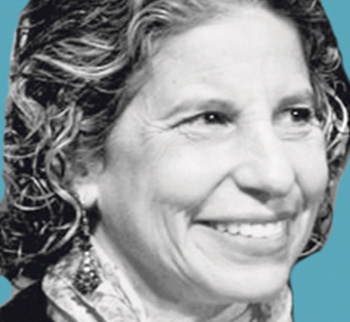I’m writing this column on Nov. 30, the day declared to be the national day commemorating the plight of Jews from Arab lands. Most left their home countries after the creation of the State of Israel, emigrating in the 1950s. What took so long? Why now? What’s at stake here?
The Israeli government is calling this National Refugee Day. But were these Jews really refugees? Many never wanted to be called or grouped in the category “refugee.” They had arrived home to Israel or to new countries that would become home. They never wanted to go back to those Middle Eastern countries. They didn’t want to be linked with other refugees. They’d made new lives for themselves, rigorously promoting adjustments and success, relying on family and friends, not handouts. These were proud Jews whose heritage confirmed their individual and communal strength.
But now we find many willing to add their numbers to the grand refugee claimants’ list. Why?
Going back in time, we can understand their reticence to be linked with other Middle Eastern refugees. It soon became a political designation and one of shame. The Jews from Iraq that I know are proud, and rightly so. They came to Montreal with little or nothing. They were expelled or pushed out of a country that had been home for 2,500 years. They spoke with love about their land. No one wanted to remember or dwell on the bad times. What good would it do? Why fill their children with frightening tales?
So they always spoke of the good times, of the food and way of life. They spoke in Arabic with a nostalgia that didn’t include a longing to return. They were finished with Iraq, but not their heritage. But they were most definitely not victims, not refugees!
Moreover, stories of genocide and trauma take time to be told. It takes time to get the message out. People were busy establishing themselves, and what was the purpose? Perhaps it takes a generation or two for stories to surface, for horrors to be acknowledged and shared openly. Some stories may even be told early on, but that’s no guarantee they’re heard.
In Israel, research and writing started sooner, as Ashkenazi Israelis needed to accommodate the Middle Eastern Jews in their midst. But in general, the Jewish world wasn’t ready to hear about the tribulations of Jews from Arab lands. In the 1950s, the world was too full of Holocaust stories, and who could compete with that suffering? So Middle Eastern Jews were silenced by their own habits and by the rest of the Jewish world. Ignorance and indifference prevailed.
But about a decade ago, stories started being publicized in Jewish communal venues. This was natural. There were shifts in approaches to cultural heritage. A whole genre of people, scholars and communal participants, searching for their own cultural heritage came forth. No longer trying just to blend in, people wanted to know their past. The current popularity of ethnic studies, memoirs, genealogy searches and oral history has its origins in this quest. As a result, many terror memoirs were generated by the demands of scholarship, justice and ethnic pride. However, the initial impulse of the survivor toward public invisibility and silence remained strong
But then political pressure was added. The government of Israel realized that while Palestinian refugees claimed a right of return, their numbers and claims could be balanced or countered by Jews from Arab lands. It became a numbers game. Estimates range from 600,000 to 950,000, just enough to counteract or offset Palestinian claims.
Can the Palestinian Nakba be countered with the Iraqi Farhoud? But is this a competition or a deserved claim for justice, recognition and accurate history?
Given our strong commitment to zachor (remember), we must commemorate, celebrate, listen and preserve these stories. They comprise our combined history and heritage, and we’re all richer for it.
